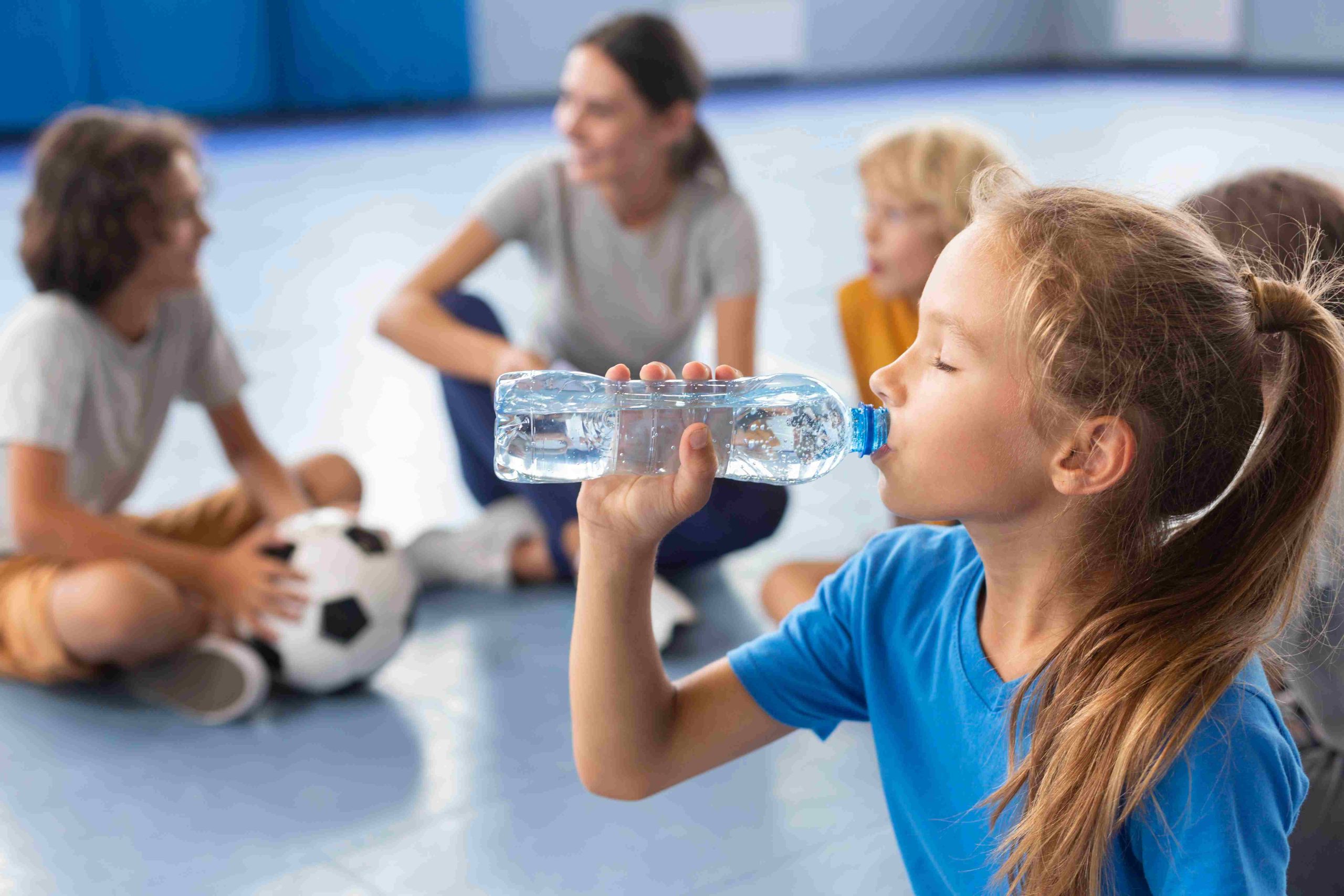
Stay Hydrated: The Key to Vitality and Well-being
From regulating body temperature to supporting organ function, hydration plays a vital role in every aspect of our physiology.
The Importance of Hydration
Proper hydration is crucial for numerous bodily functions. Here are some of the main reasons to stay hydrated always:
Balance of Fluids:
Temperature Regulation:
Absorption of Nutrients:
Joint and Muscle Function:
Signs and Symptoms of Dehydration
Recognizing the signs of dehydration is crucial for taking prompt action to restore fluid balance. Here are some common symptoms of dehydration:
Thirst and Dry Mouth:
Dark Urine:
Dizziness and fatigue:
Headaches and Poor Concentration:
Hydration Guidelines
To stay adequately hydrated, it’s important to follow some practical guidelines. Here are some pointers to makes you stay hydrated:
Drink Plenty of Water:
Monitor Urine Color:
Stay Hydrate Before, During, and After Exercise:
Hydrating Foods:
Tips for Staying Hydrated
Incorporate these practical tips into your daily routine to ensure you stay hydrated:
Set Reminders:
Infuse Water with Flavor:
Always Carry a Reusable Water Bottle:
Make Hydration Fun for Preschoolers:
Staying hydrated is a fundamental aspect of maintaining overall health and well-being. By understanding the importance of hydration, recognizing the signs of dehydration, following hydration guidelines, and implementing practical tips, you can ensure that you and your preschoolers stay adequately hydrated. Make hydration a priority in your daily routine and experience the numerous benefits it brings to your vitality and overall wellness.
Tips for Staying Hydrated
Proper hydration is essential for maintaining optimal health and well-being. Here are some practical tips to help you and your preschoolers stay hydrated throughout the day:
Carry a Water Bottle:
Set Hydration Goals:
Drink Water First Thing in the Morning:
Sip Water Throughout the Day:
Flavor Your Water Naturally:
Set Reminders:
Monitor Urine Color:
Include Hydrating Foods:
Use Hydration Apps:
Limit Dehydrating Beverages:
Hydrate Before and After Physical Activity:
Create Hydration Habits:
Keep Water Visible:
Use a Straw or Sipper Cup:
Make Hydration Fun:
Set a Hydration Example:
Be Mindful of Hot Weather and Illness:
Consider Hydrating Snacks:
Encourage Water Breaks:
Listen to Thirst Cues:
By implementing these tips, you can help preschoolers and yourself stay adequately hydrated throughout the day. Remember that every person’s hydration needs may vary, so it’s essential to pay attention to individual requirements and adjust accordingly. Stay committed to promoting a healthy and hydrated lifestyle for optimal well-being.
Remember, staying hydrated is a daily commitment. By implementing these tips and making hydration a conscious part of your routine, you and your preschoolers can enjoy the benefits of optimal hydration for overall health and well-being.
Benefits of a Hydrated Body
Ensuring that you and your preschoolers maintain a hydrated body has numerous benefits for overall health and well-being. Here are some key advantages of staying properly hydrated:
Optimal Physical Performance:
Energy and Alertness:
Healthy Digestion:
Detoxification and Kidney Function:
Skin Health and Appearance:
Proper Cognitive Function:
Regulation of Body Temperature:
Improved Mood and Emotional Well-being:
Cardiovascular Health:
Joint and Muscle Health:
Enhanced Digestive Health:
Weight Management:
Improved Immune Function:
Better Heart Health:
Alleviation of Headaches and Migraines:
Improved Exercise Recovery:
Healthy Kidneys:
Alleviation of Joint Pain:
Improved Sleep Quality:
Overall Well-being and Vitality:
By maintaining proper hydration levels, you and your preschoolers can reap the wide-ranging benefits for your health, well-being, and daily functioning. Make hydration a priority, listen to your body’s cues, and incorporate strategies to ensure adequate fluid intake throughout the day. Remember, a well-hydrated body is a foundation for optimal health and vitality.
You and your kids can benefit from these various advantages by prioritizing water and maintaining a well-hydrated body. Make water consumption a habit, encourage preschoolers to drink on a regular basis, and be aware of unique hydration needs. Stay hydrated for improved performance, energy, skin health, and overall well-being.


